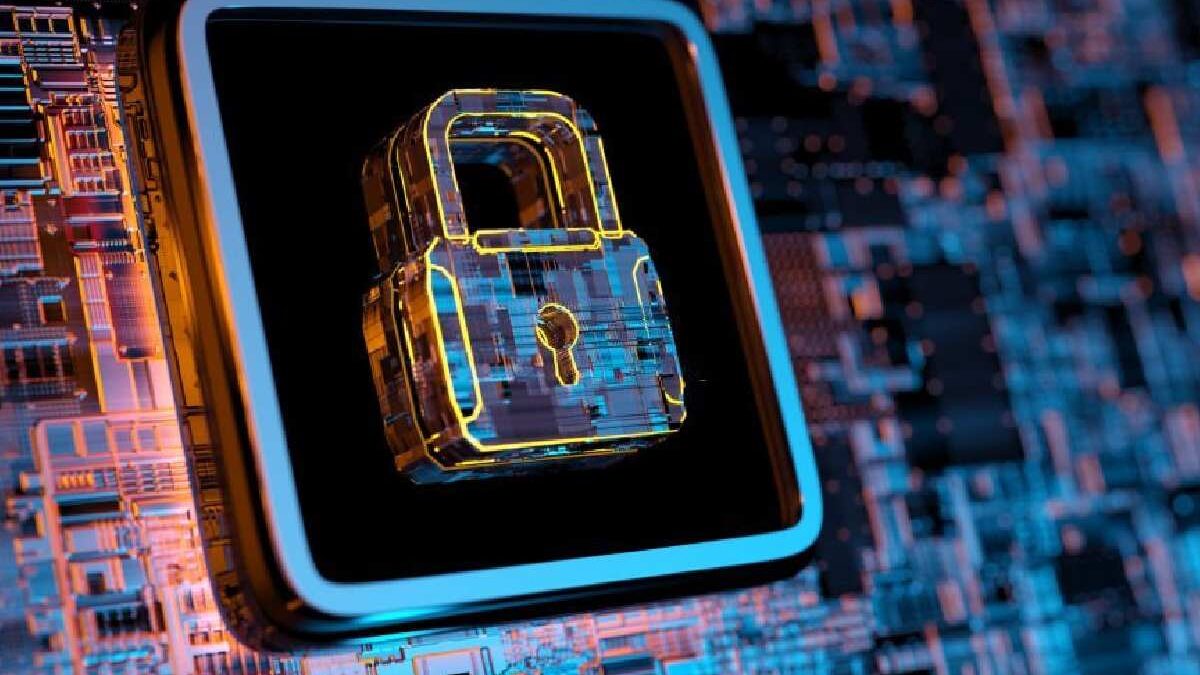Data Privacy vs Open Data – Data, the fingerprint of recent times, cause controversy wherever they go. His supporters defend his democratization to generate new services for citizens and the economy. On the other hand, their detractors see them as surveillance tools violating our society’s fundamental rights and ourselves as human beings.
This train crash has again generated controversy due to the coronavirus and the use of mobile geolocation to control the pandemic. What judgment can we apply in these cases? Who is wrong? In the following lines, we delve deeper into the two schools of thought, providing arguments that will improve our understanding of the matter.
1. Data Privacy. The right to privacy
Various international organizations consider respect for private life as a fundamental right. Since 1948, the Universal Declaration of Human Rights has established, in Article 12, that no one shall be subjected to arbitrary interference in their private life, family, home or correspondence, nor of attacks on his honour or reputation. And that everyone has the right to the protection of the law against such interference or attacks.
Since then, the right to privacy has evolved along with its risk of being violated. In recent decades, the entry of the Internet and globalization into our lives has completely transformed an individual risk scenario into a collective risk scenario, giving facilities to the forces of evil, which always exist, to a perverse use of data for various purposes. . Something that has evidenced infamous cases that have set off alarm bells. Let’s quickly go over a few:
US surveillance of Europe
In 2013 Edward Snowden, a technician employed by the US CIA and NSA, released top-secret documents on various US intelligence programs that revealed massive surveillance of billions of people worldwide. World. The European Union considered that the North American country had incurred “significant excesses” and did not comply with European regulations on the international transfer of personal data.
Ashley Madison
In 2015 hackers stole and publicly disseminated the personal data of 32 million users of the web ashleymadison.com, a popular dating site, considered the worst-known data breach in Internet history. Such was the scandal that some of its users even committed suicide after revealing their identities.
Cambridge Analytica case
Also known as Facebookgate, which occurred in 2018, it exposed the personal information of more than 50 million profiles of the famous social network. The data was collected by consulting firm Cambridge Analytica for research purposes and was eventually sold for political promotion. The analysis carried out on that vast number of users was the fuel for the success of the Trump campaign and the victory of Brexit.
All these cases have strengthened the current European regulation, the General Data Protection Regulation (RGPD). However, They have made society aware of the importance of privacy, the value of our data and the risks associated with its lack of control.
2. Open data. The other side of the coin
Until the beginning of the 21st century, public institutions and governments had a tremendous amount of data inherent to their function at the service of people. Still, for some time now, large technological corporations have emerged that are beginning to concentrate power around the data.
Companies like Google put all the information we need at our fingertips, and others like Facebook and Whatsapp allow us to communicate with other people thousands of kilometres away and interact remotely and in real-time. And all this is free? No, these companies sustain their business thanks to the data-based advertising market behind them. However, Would we be able to live without them? Is it worth paying for their services with data?
3. Coronavirus. Tracking and control of the epidemic
The previous examples may seem redundant and unnecessary. Still, in the health crisis we are experiencing, we see how data analysis and publication contribute to safeguarding the welfare state. Countries like South Korea seem to have more effective methods for tracking and controlling the pandemic. And although we attribute this positive result to many political and cultural factors or differences in measurement, the truth is that the analysis of the location of users and infected people is decisive in the fight against the virus.
In the Asian country, the tests were carried out on a massive scale in combination with self-diagnosis apps and real-time patient location monitoring. Not only that. In addition, his government decided to share the information with the population through various data visualization applications. With them, they could follow the unknown location of those infected and thus avoid areas of contagion. Or even health institutions could notify them to take a coronavirus test quickly if they had been in a place that coincided with the movement of an infected person.
However, how did they get the data? The user voluntarily downloaded the application and consented to provide location data that was anonymized in subsequent analysis.

